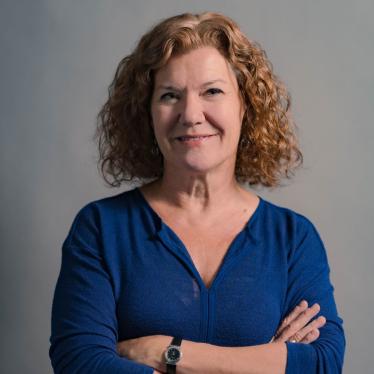On Nov. 20 25 years ago, the United Nations adopted the Convention on the Rights of the Child, but we still aren’t doing enough to protect the youngest among us.
When I met 14-year-old Akwasi in Ghana recently, the first thing I noticed was his ripped school uniform. When he was 10, after his father died, he went to work in the gold mines to help his mother support his four brothers and sisters. He often spends six hours at a stretch, pouring heavy buckets of water over crushed ore to help separate out the gold.
I wonder what Akwasi would have to say to the world leaders gathered in New York this week to assess progress for the world’s children.
Generally, children are much better off than 25 years ago. Children born today are nearly twice as likely to make it to their fifth birthday and much more likely to attend school.
In the 1990s, almost one-fourth of children under 15 were working. Today the proportion is fewer than one in eight. Girls are one-third less likely to be subject to female genital mutilation than three decades ago, and less likely to become child brides.
The lesson is that progress is possible. But advances are far too slow and too many children have been left out.
This year’s Nobel Peace Prize winner, the child activist Malala Yousafzai, has famously said that “books and pens are our most powerful weapons.” But worldwide, some 168 million children like Akwasi are still engaged in child labor.
Every year, an estimated 14 million girls are married before age 18, and 3 million are subjected to female genital mutilation.
At any given time, at least 1 million children are in jail or prison, most for petty or nonviolent offenses. The United States has the highest rate of child incarceration in the world.
Not incidentally, the United States is one of only three countries that has not ratified this treaty. The two others are Somalia and South Sudan. This is not good company.
As governments take stock this week, they should commit to concrete steps to advance the rights of children.
They should expand promising practices with proven track records in increasing school enrollment and improving children’s health — for example, cash transfer programs for the poorest families.
They should abandon ineffective and damaging policies, including the overuse of detention and institutionalization.
Governments should identify the children who are being left out — girls, children with disabilities, ethnic and racial minorities, migrant children or those in conflict areas — and ensure their access to education, health care, and protection.
Finally, they should ensure that child abusers are held responsible — whether parents, teachers, employers, or police and other officials.
Every world leader should commit to advancing those rights and making the world better for children.
Jo Becker is the children’s rights advocacy director for Human Rights Watch. She can be reached at pmproj@progressive.org and via Twitter @jobeckerhrw.
Copyright Jo Becker








